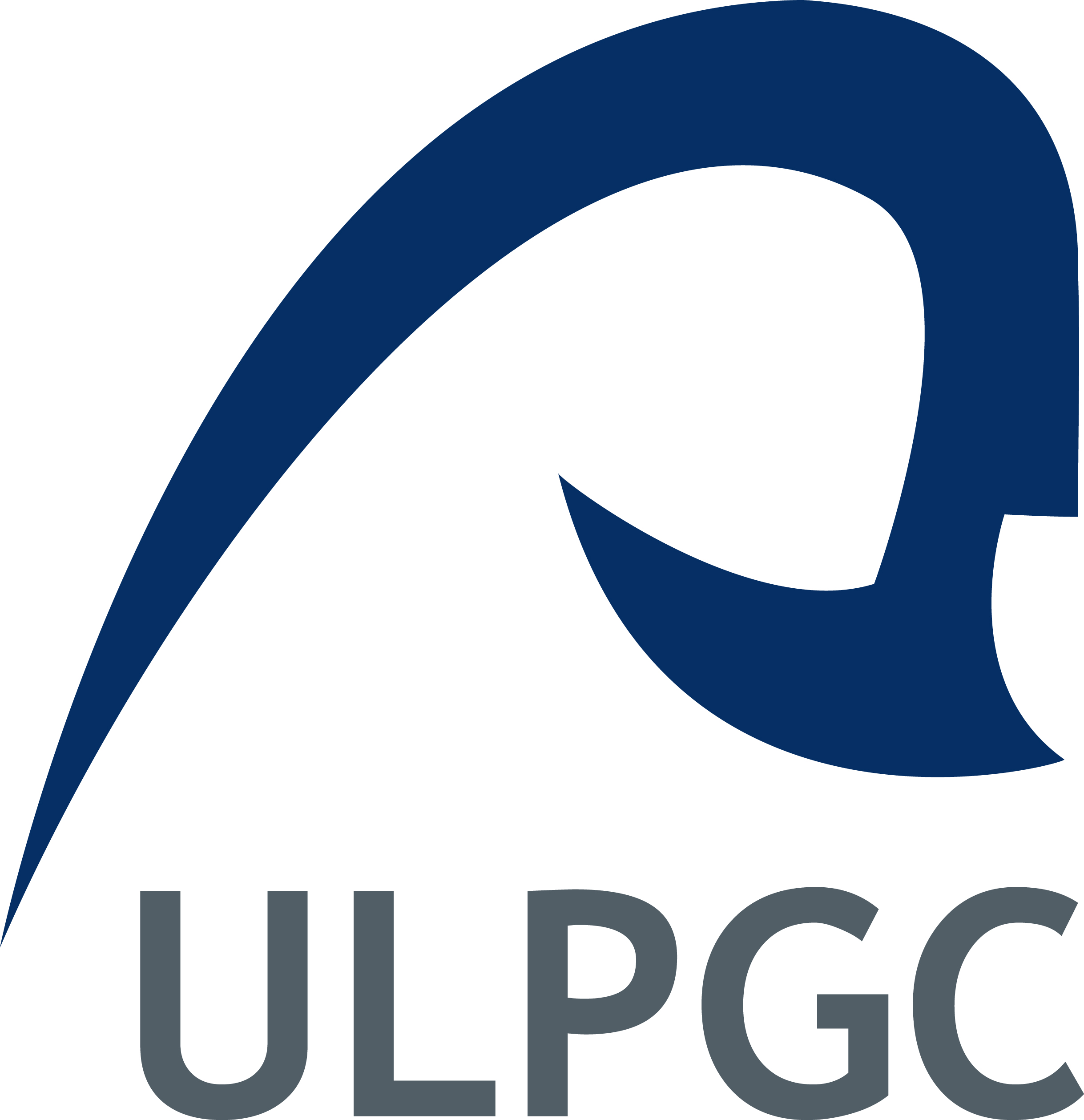Ph.D. Program in Oceanography and Global Change at the Canary Islands, Spain
 The study of the relationship between fish, especially their early stages, and the oceanographic conditions is the main focus of fisheries oceanography. The traditional fisheries approach relied on statistics relating the spawning population and recruitment without taking into account the environmental and biological conditions of their habitat. The ecosystem approach to fisheries is opening new perspectives for the assessment of recruitment in fish populations. In this context, the knowledge of spawning sites and fish larvae drift is of paramount importance to fisheries management. In this sense, we have investigated during the last decades the interaction between the upwelling off Northwest Africa, filaments of upwelling, eddies shed by the Canary Islands, and the transport of fish larvae to the islands. A match between pelagic fish captured in the coastal upwelling off west Africa, fish larvae in filaments, and Canary fishermen catch were clearly observed for different species during different events and years. This process is of paramount importance for local fishermen as filaments reaching the islands or interacting with eddies promote an increase in small pelagic fish catch, giving rise to a biological connectivity of clear social importance.
The study of the relationship between fish, especially their early stages, and the oceanographic conditions is the main focus of fisheries oceanography. The traditional fisheries approach relied on statistics relating the spawning population and recruitment without taking into account the environmental and biological conditions of their habitat. The ecosystem approach to fisheries is opening new perspectives for the assessment of recruitment in fish populations. In this context, the knowledge of spawning sites and fish larvae drift is of paramount importance to fisheries management. In this sense, we have investigated during the last decades the interaction between the upwelling off Northwest Africa, filaments of upwelling, eddies shed by the Canary Islands, and the transport of fish larvae to the islands. A match between pelagic fish captured in the coastal upwelling off west Africa, fish larvae in filaments, and Canary fishermen catch were clearly observed for different species during different events and years. This process is of paramount importance for local fishermen as filaments reaching the islands or interacting with eddies promote an increase in small pelagic fish catch, giving rise to a biological connectivity of clear social importance.
Responsible person: Santiago Hernández-León (Professor - Catedrático)



